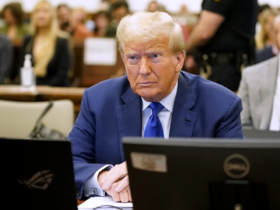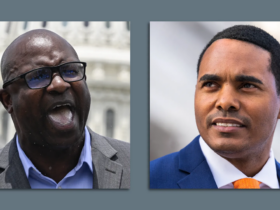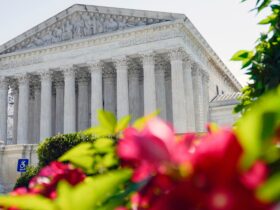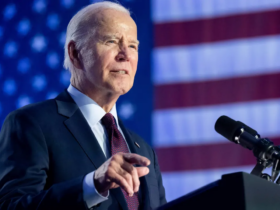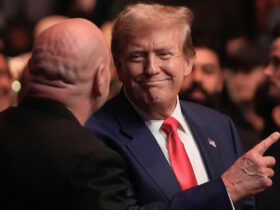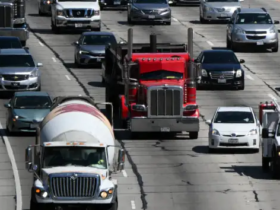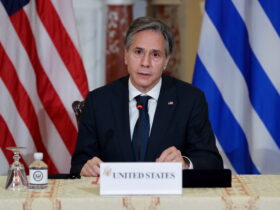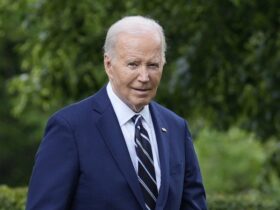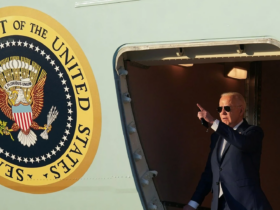United States – The U. S. Supreme Court on Thursday declined a case of a California woman who was convicted of smuggling drugs across the US-Mexico border, arguing that prosecution expert testimony that gave an impression to the contrary undermined her defense that she was a “mule” who was used unconcisely.
Case Background
In a 6-3 split decision, the justices affirmed a lower court ruling to allow an expert witness to testify that Diaz bore false when she claimed that she did not know that methamphetamine with a total value of $368,550 was hidden in the door panels of the car she was driving, as reported by Reuters.
The case established how far law enforcement agents who testify in court as expert witnesses can go in informing a jury that in certain drug trafficking cases, defendants generally act with a ‘guilty mind. ’ A judge in this case allowed an expert witness to give evidence before the jury that drivers who are hired to transport narcotics in such cases usually know the same.
Diaz was found guilty in the federal court of San Diego over the illicit importation of methamphetamine in a car last year, and convicting her would entail proving that she knew the drugs were in the car. However, Diaz was accused, for which he was sentenced to seven years imprisonment.
Diaz’s lawyers claimed that the testimony was inadmissible under a rule included in the original Federal Rules of Evidence, which delineated the kinds of evidence allowed in court cases for decades. A rule forbids expert witnesses from expressing their opinions about the “mental state of the defendants in regard to the offense charged and whether they knew that was wrong. ”
Majority Opinion
Since the expert witness did not express an opinion on whether (Diaz) herself possessed a specific mental status, we are compelled to hold that the testimony would not have been in violation of the aforementioned evidence rule,” read Thomas’ majority opinion that included support from four other conservative peers and liberal Judge Ketanji Brown Jackson.
Conservative Justice Neil Gorsuch dissented, backed by liberal Justices Sonia Sotomayor and Elena Kagan, stating that the effects directly provide prosecutors with a new potent weapon.
“Prosecutors can now put an expert on the stand – someone who has the convenient ability to read minds – and let him hold forth on what ‘most’ people like the defendant think when they commit a legally proscribed act,” Gorsuch wrote.
Gorsuch added: “What authority exists for allowing that kind of charade in federal criminal trials is anybody’s guess.”
Defense Reaction
The attorney for Diaz, Jeffrey Fischer, condemned the ruling as laid down by the judge.
During the trial, U. S. District Judge Anthony Battaglia permitted the prosecution’s expert witness, who is a special agent with Homeland Security, to inform the jury that, quote, in most circumstances, the driver knows they are hired end quote, in response to which the expert proceeded to tell the jury that, quote, drug trafficking organizations typically don’t put a lot of drugs in the hands of someone who has no idea why they were hired unquote.
Cocaine mules and drug carriers may transport narcotics across borders for money, but some do so without realizing the substances strapped on them are narcotics. Such persons are often referred to as the ‘blind’ mules.
Incident Recap
In 2020, border inspectors requested Diaz, who lives in Moreno Valley, California, to lower a window in the Ford Focus vehicle she was driving, and, after hearing a ‘crunch-like’ noise, discovered about 56 packages containing over 24 kilograms of pure methamphetamine. When asked about the drugs, Diaz claimed zero knowledge of the same, as reported by Reuters.
She had two cell phones; one was activated, but the additional one was locked, and she did not know how to unlock it. She stated that the car belonged to a boyfriend she visited in Mexico, and she was unable to provide the man’s phone number or address. There was also a GPS gadget concealed in the boot of the car.


